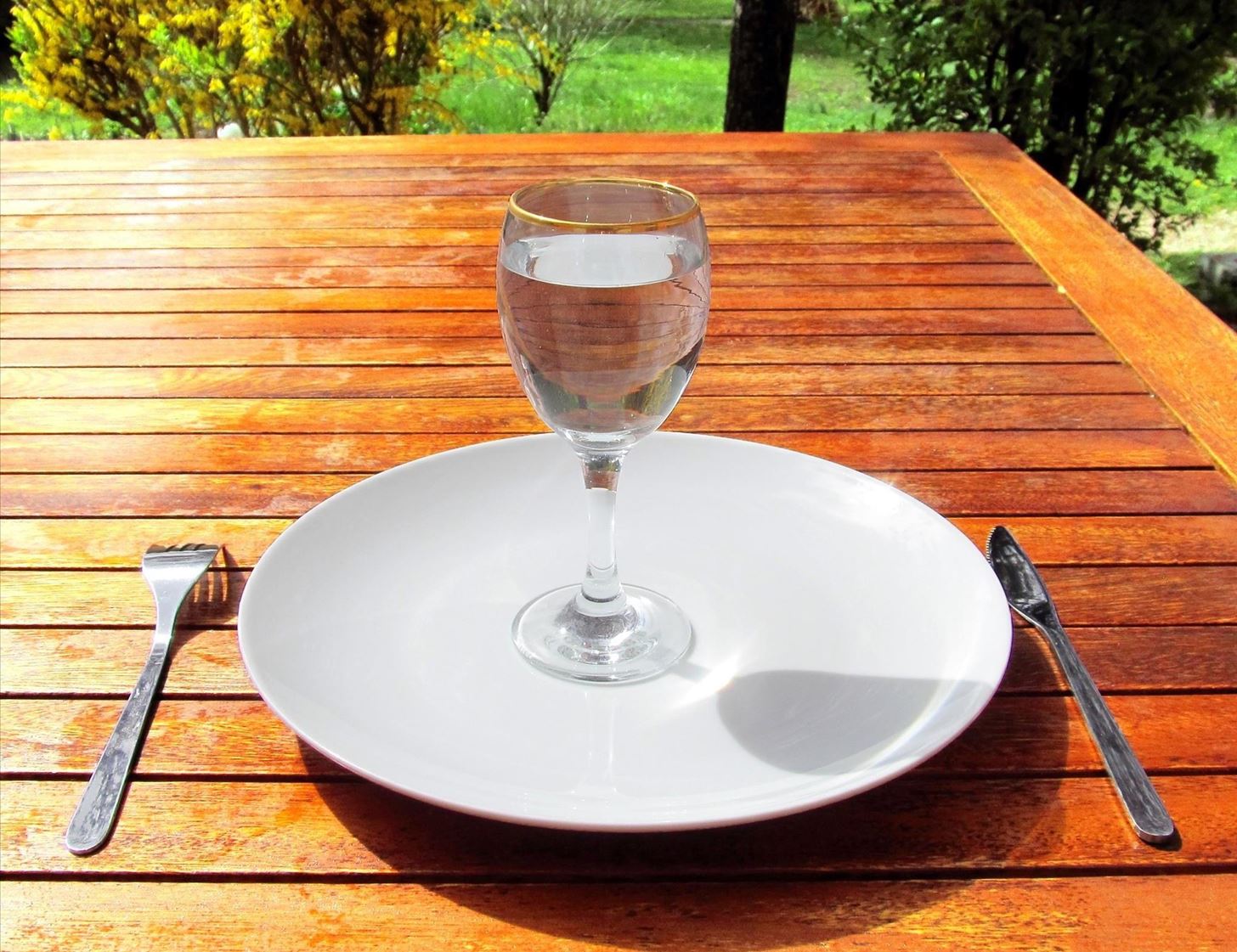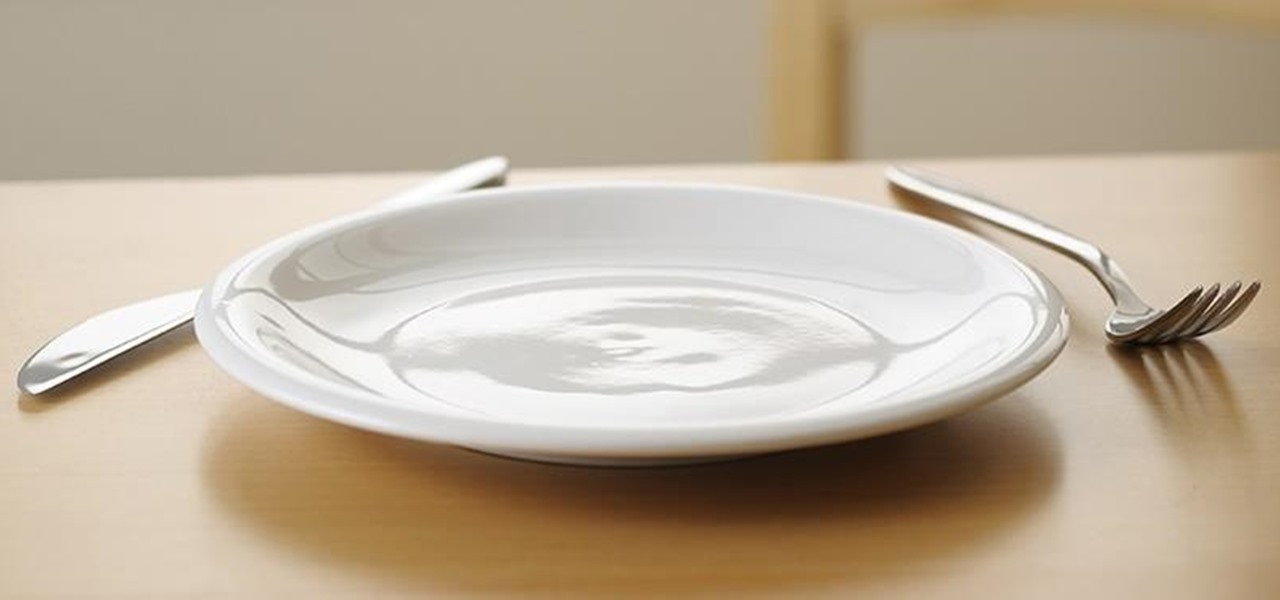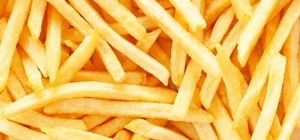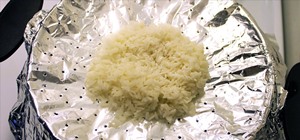Fasting—or the practice of regularly abstaining from ingesting anything except water—is a pretty drastic move. I tried to fast for two days and made it to the 12-hour mark, which is when I broke down and ate a quart of ice cream.
However, I may have to try it again, since "short-term starvation" (as scientists like to call it) might have potentially wonderful effects on one's health, from rebooting the immune system to helping chemotherapy work more effectively for cancer patients.

A study from 2012 at the University of Southern California headed up by Valter Longo, professor of Gerontology and the Biological Sciences, shows that fasting for 72 hours protected healthy cells during the potentially harsh side effects of chemotherapy and made cancer cells more receptive to treatment.
Not Eating Gives Your Body a Chance to Rebuild Itself
The Telegraph UK spoke with Dr. Longo, who said that fasting encourages the human body to produce more white blood cells, which are the key to a healthy, functioning immune system.
About fasting, Longo stated, "It gives the 'OK' for stem cells to go ahead and begin proliferating and rebuild the entire system. The body got rid of the parts of the system that might be damaged or old, the inefficient parts, during fasting. Now, if you start with a system heavily damaged by chemotherapy or aging, fasting cycles can generate, literally, a new immune system."

Big Implications for Disease Sufferers
As you might imagine, this research has profound meaning for people suffering from illnesses like cancer, AIDS, or any disease that compromises the immune system. People who want a longer, disease-free life and to appear youthful might also be interested, since a 2014 study (also by Dr. Longo) shows that fasting reduces the enzyme protein kinase A, which has been linked to the aging process.

But before you cross grocery shopping off your to-do list, you should know that the study's effects are still in their nascent stages. As noted in the Telegraph article, clinical trials are still ongoing to determine how effective fasting is at helping cancer patients deal with and increase the effectiveness of chemo and whether there are any adverse side effects in the long term.
Meanwhile, Dr. Mark Ratain of the University of Chicago discovered that eating food can actually increase the efficacy of certain oral cancer medications or require much lower doses of said medication.
Fasting: An Ancient Tradition (But Not a Weight Loss Tool)
While the benefits according to science are still under debate, the practice of fasting itself is a venerable one with a long history, whether you abstain from food to purify your body or for religious reasons, like fasting from sunrise to sundown every day during the Muslim holy month of Ramadan, or Yom Kippur, the Jewish day of atonement.

I personally wanted to try fasting because I was tired of taking food for granted and eating when I was anxious, rather than because I was physically hungry. Although I didn't make it too far, fasting even for 12 hours made me appreciate what it must be like for people who have to go hungry, unlike those of us who are lucky enough to have regular access to food.
Regular Fasting Does Show Health Benefits
Dr. Benjamin D. Horne studied why many practicing Mormons in Utah have less heart disease than other folks. It turns out their practice of abstaining from everything but water for 24 hours every month may contribute to overall heart health and lower risk of diabetes, too. Researchers found that levels of "good" HDL cholesterol rose while "bad" LDL cholesterol and blood fats like triglycerides fell during the fast.
However, it's still up for debate just how fasting works or if its effects are transitory. Plus, fasting regularly is no replacement for making healthier food choices overall. In the same Web MD article, Dr. Howard Weintraub of New York University points out that many people may think they can fast one day and eat poorly during other times. He calls it the Diet-Coke-with-a-cheeseburger effect.

It's equally important to note that any weight you might lose during the fast is temporary. Your metabolism slow downs while you fast, and once you start eating again, you may eat more than usual because you feel so hungry. In other words, it shouldn't be a go-to solution to permanently shed some pounds.
Just updated your iPhone? You'll find new emoji, enhanced security, podcast transcripts, Apple Cash virtual numbers, and other useful features. There are even new additions hidden within Safari. Find out what's new and changed on your iPhone with the iOS 17.4 update.























1 Comment
Fasting can cleanse the body.
Share Your Thoughts